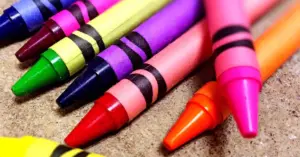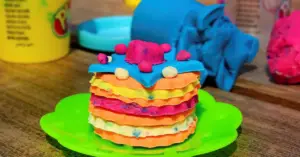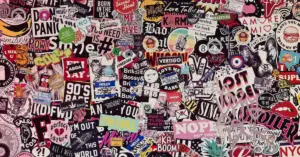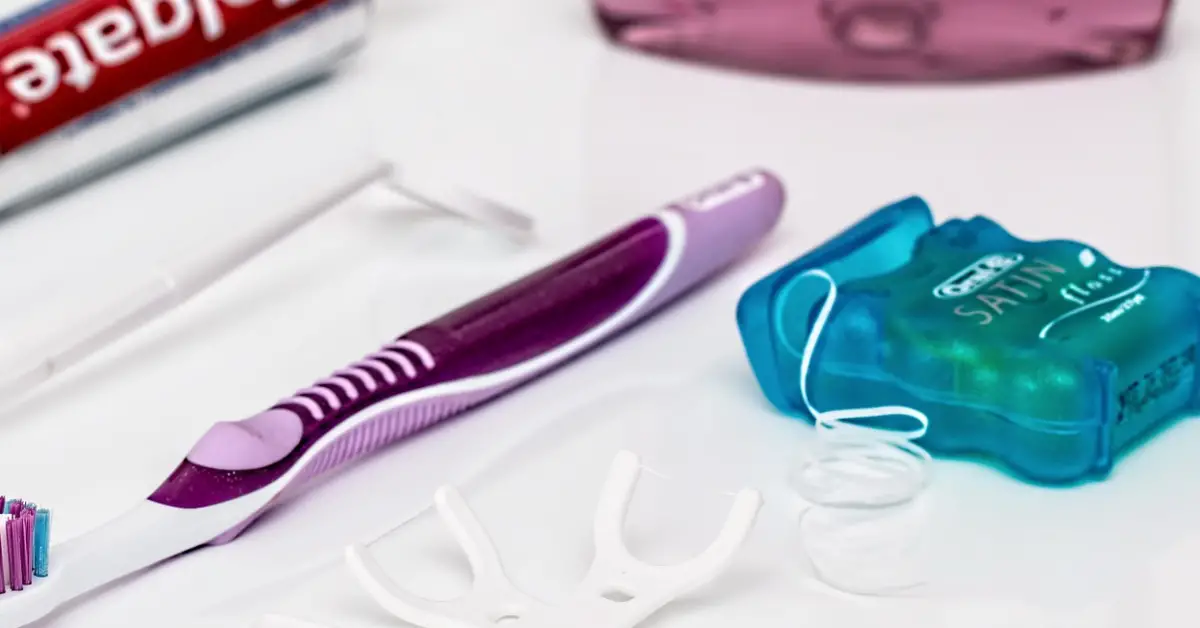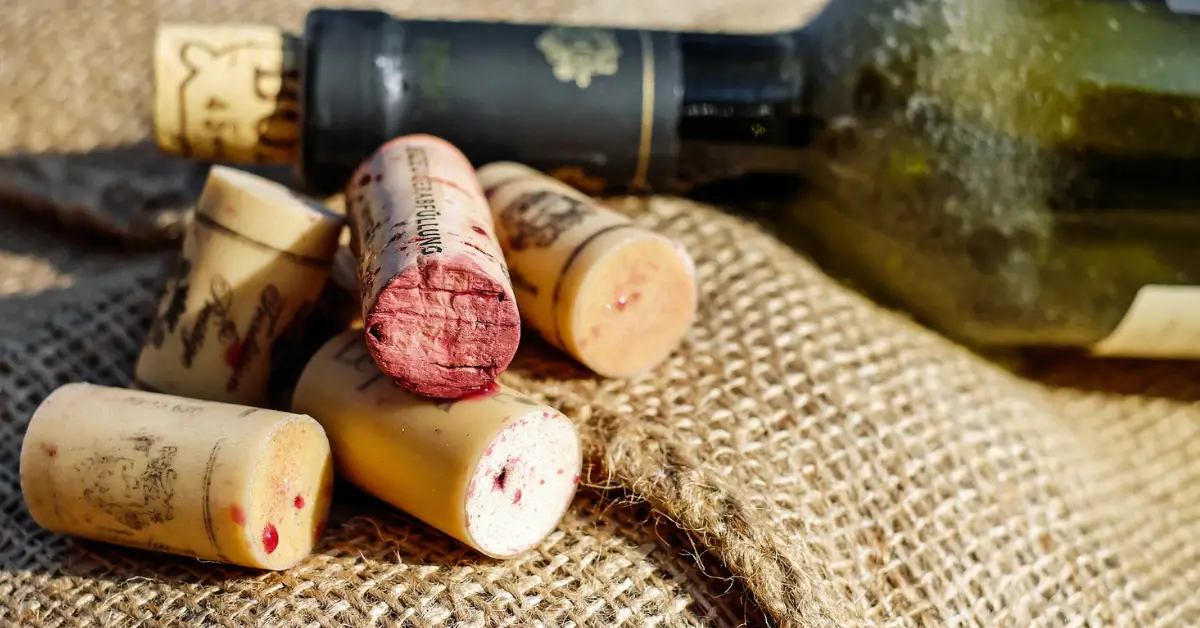Aluminum foil, also known as tin foil, is a staple in kitchens across the country. Yet, there are some mixed messages when it comes to its recyclability – so it often ends up, needlessly, in the trash. Clean aluminum foil is recyclable, along with other uncontaminated aluminum food packaging such as pie trays. Scientists have even come up with new ways to recycle dirty foil. Here we take a closer look into the world of tin foil recycling…
Firstly, what is tin/aluminum foil made from?
It may not come as a surprise that aluminum foil is made from aluminum! It is flattened into extremely thin sheets, as thin as 0.24 mils (or 6 micrometers). Although they vary in thickness, they all have one thing in common; they are pretty fragile. This is not great from an environmental perspective. Although it can be re-used multiple times if you are careful, it can also be easily torn.
Luckily, recycling aluminum/tin foil is an option! In fact, a lot of the aluminum items you are using right now will be recycled. Like glass and stainless steel, aluminum can be recycled endlessly.
But what are the caveats when recycling aluminum foil?
So, as we have mentioned, aluminum/tin foil is recyclable. And you should recycle it whenever you possibly can. It not only prevents it going to landfill (where it would remain there for hundreds and hundreds of years), but it also saves a huge amount of energy. Making products from recycled aluminum uses only a fraction of the energy that producing it with the newly sourced aluminum does.
However, recycling is a complicated business – the facilities, rules and regulations can vary massively from country to country, and even city to city. And technology is changing all the time too! Although tin foil and other aluminum food packaging (such as pie trays) can typically be recycled in your standard curbside collections, in some areas they may need to be taken to a specialist facility. Check-out your local area guidelines.
There are two main rules that apply to recycling aluminum foil.
It must be clean! Food-contaminated foil is not suitable for standard recycling. It is difficult to stress how important this is. Food left on the foil could potentially contaminate the entire batch – making it all unrecyclable. Always err on the side of caution, it is better to send one small piece of foil to the landfill than a whole lorry-load.
The second important rule is that it must not be mixed with any other materials – even if they are recyclable themselves! For example, aluminum foils can often be mixed with other materials to give them slightly different properties. For example, plastic may be added to aluminum to give packaging more durability. This may be good news in terms of ensuring the item makes it from the grocery store to your home more safely, but it is bad news when it comes to recycling. It will, generally, not be accepted by recycling services.
But how do you know if the aluminum foil has other materials, such as plastic, added to it? Simple. Do the ‘scrunch test’. Take the item in question and scrunch it into a ball in the palm of your hand. If it remains scrunched, it will be aluminum – if it springs back, pop it in the trash.
Prepping aluminum foil for recycling
Aluminum foil and food dishes must be thoroughly washed before being added to the recycling bin. Warm soapy water should do the trick.
After it has been washed, it can be added. It is best to collect your foil items – be it pie trays or aluminum foil – and scrunch them all together in one big mass. Foil is particularly light, and prone to be blown away with even the slightest gust of wind. It will also help the recycling plant process it.
Innovations in aluminum foil recycling
As with most areas of life, scientists and entrepreneurs are discovering ways we can be even more planet-friendly when it comes to recycling our resources. Aluminum foil recycling is no different. As we have covered, food-contaminated foil is a no-no when it comes to standard recycling. However, a PhD student at Queen’s University in Belfast has found a cheap and highly effective way to make aluminum-based catalysts from used foil – and they reckon it would work well with food-contaminated foil too. If this (or similar innovations) were to be rolled-out it would have a significant impact on the aluminum foil recycling landscape.
The bottom line
Aluminum/tin foil is, technically, endlessly recyclable. Many people mindlessly throw away used tin foil into the trash, even when it is only be lightly used – this is not necessary! Simply, wipe off any food remnants before scrunching it up with other clean foil pieces and pop it in the recycling bin. It couldn’t be easier. Foil with food stuck on is a no-go, currently. But with innovations, like those to make aluminum-based catalysts rather than metal products, this could be possible in the not-so-distant future.


